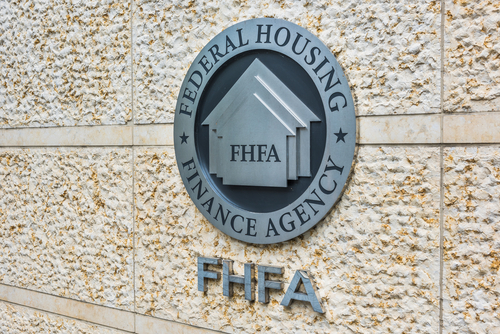The Federal Housing Finance Agency (FHFA) released the results of its annual stress tests for Fannie Mae and Freddie Mac.

Under the Dodd-Frank Wall Street Reform and Consumer Protection Act, regulators are required to conduct stress tests on certain financial institutions regulated by a federal financial regulatory agency with more than $250 billion in assets. The annual stress tests determine whether the entities can absorb losses due to severely adverse economic conditions.
For the 2021 stress tests, the hypothetical severely adverse scenario was based upon a severe global recession. In this scenario, U.S. real GDP declines by 4 percent from the fourth quarter of 2020, reaching a trough in the third quarter of 2022, and unemployment increases to 10.75 percent in the third quarter of 2022. As a result, home prices decline by about 23.5 percent nationally, and commercial real estate prices fall by 35 percent during the nine-quarter planning horizon.
After putting Fannie and Freddie through this type of scenario, the FHFA found that both entities reported comprehensive income in the severely adverse scenario. The key drivers were portfolio growth and strong house price appreciation in 2020, as well as a less severe house price decline in the 2021 planning horizon. The provision for credit losses was the largest expense at both enterprises. The second-largest expense at both enterprises was the global market shock impact, including the counterparty default scenario component.